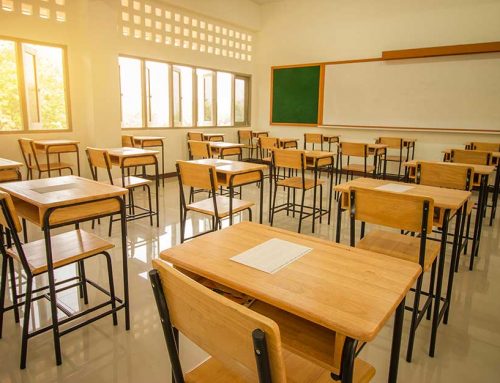Many proposals and major challenges
Reforming examinations in grades 9 to12 including board examinations
As we know the National Education Policy 2020 has an overarching vision and comprehensive framework with the right intentions to implement its proposals in school and higher education across the country. However, it requires further regulations and clarity by the examining boards both at the state and centre level for certification.
Let us examine the key proposal in reforming examinations in grades 9 to 12 including board examinations. The NEP proposes to change the school curricular structure from the current 10+2 with 5+3+3+4 and thus bringing the children in the age group of 3-18 years in the formal school education system and ensuring curriculum continuum to culminate by examining boards in the final 4 years of school education. Therefore, its implementation will take place in phases starting from the year 2020-21 to completely replace the existing system in 2025-26.
The intent to bring changes in the pedagogical structure is very significant in order to prepare our students for the 21st century and life skills for higher education. While the students under final 4 years of school education as per the 5+3+3+4 of NEP 2020 will be culminating their learning through examination certified by either central or state board on 5 or 6 credits taken every semester aggregating to 40-45 credits over the four years of eight semesters, the students pursuing international boards of certification like in Cambridge International schools or International Baccalaureate world schools will culminate with examination for 10-15 credits in the Grade 10 and Grade 12 during the final 4 years of school education. The UGC has to afresh recognize the International Board of examination equivalent to Secondary school examination as per NEP 2020 and thus make the students eligible to pursue Under Graduation courses in Indian universities.
As it was long overdue for bringing this transformational change in our educational system, the major challenge indeed is to prepare our school leadership team to undergo ongoing professional development workshops and conferences so as to transfer the same to empower our teachers in the reformation of teaching-learning process and culture of assessment. The paradigm shift in the pedagogy will be that the students exercise the choices of courses as proposed in new NEP which will make sense to the world of their life being meaningful and purposeful. The voices of students have to be heard by providing the right platform for communication and encouraged to effectively collaborate on team projects. The key approach of the teachers is to be open-minded to promote critical and creative thinking in their teaching and learning process. The last but not the least is the caring attitude of the teachers in the holistic well-being of the children. There is no dearth of qualified teachers and at least on paper, they do have qualifications. However, in order to raise the quality standards, they need to have proper directions to live the vision of school education and gain a deeper understanding through cycles of inquiry, action, and reflection.








Leave A Comment